America is no longer open to students.
When Yao, a 25-year-old Chinese student, was put on hold due to funding cuts at her US university, she decided to give up the “American dream.” Having thought politics didn’t affect her personally, Yao says she now feels the impact politics has on international students like her.

The list of Chinese students like Yao who have begun to look to study destinations other than the United States is growing.
Since Donald Trump was re-elected as President, more than 4,700 students have been removed from the US immigration database, putting them at risk of deportation. Meanwhile, Chinese students account for 14% of the 327 visa revocation reports recorded by the US Immigration Lawyers Association to date.
Faced with the current situation, many Chinese students told Reuters reporters that they are rethinking the “American dream”. They are concerned that the current complex issues could threaten their safety and affect their finances in the future.
China has been the largest source of students in the US for the past 15 years, surpassed only by India last year. According to Open Doors data, the economic impact of Chinese students on the US economy will be $14.3 billion by 2023. But the community is considered a threat to US national security by the current US administration, even facing a bill that could ban them from studying at universities.
A special US House of Representatives committee on China last month sent letters to six universities asking for information on their policies on recruiting Chinese students in STEM ( science , technology, engineering and mathematics) fields and questioning their participation in federally funded research. Committee Chairman John Moolenaar criticized the US student visa system for providing unfettered access to leading research institutions and threatening national security.
Earlier, Republican lawmakers in the US House of Representatives also proposed a bill to suspend the issuance of student visas to Chinese citizens. The non-profit organization Committee of 100 - representing the Chinese American community - condemned the proposal, saying it goes against American values and undermines global leadership in the fields of science, technology and innovation.
Other “dreams”
In the current context, Chinese students and students from many other countries are increasingly turning their attention to universities outside the US. Although the US remains the most searched destination for Chinese on the websites of leading education group Keystone Education Group, interest has dropped 5% since President Donald Trump’s announcement of additional tariffs, while searches for doctoral programs have dropped 12%.
Bocconi University in Italy has recently received more interest from Chinese students. “Many students say that because of the political situation, they are looking for opportunities elsewhere because they don’t know what will happen if they come to the US,” said Summer Wu, the school’s director of China.
The Chinese University of Hong Kong (China) said the number of international students, especially from mainland China, is growing rapidly. Favorable visa policies for graduate students have made it an attractive destination.
Many students also choose to study domestically, as many Chinese universities have risen dramatically in global rankings in recent years.
Li is one of those students who decided to do so. After 3 years in New York, she gave up the idea of applying for a “green card” to stay in the US, and moved to Hong Kong (China) to study for a master’s degree and work. “When I realized that life would have other opportunities, I was no longer so disappointed with what I was going through,” Li shared.
Source: https://daibieunhandan.vn/sinh-vien-trung-quoc-dang-dan-tu-bo-giac-mo-my-post411447.html


![[Photo] Ho Chi Minh City Youth Take Action for a Cleaner Environment](https://vphoto.vietnam.vn/thumb/1200x675/vietnam/resource/IMAGE/2025/11/04/1762233574890_550816358-1108586934787014-6430522970717297480-n-1-jpg.webp)

![[Photo] Ca Mau "struggling" to cope with the highest tide of the year, forecast to exceed alert level 3](https://vphoto.vietnam.vn/thumb/1200x675/vietnam/resource/IMAGE/2025/11/04/1762235371445_ndo_br_trieu-cuong-2-6486-jpg.webp)

![[Photo] Panorama of the Patriotic Emulation Congress of Nhan Dan Newspaper for the period 2025-2030](https://vphoto.vietnam.vn/thumb/1200x675/vietnam/resource/IMAGE/2025/11/04/1762252775462_ndo_br_dhthiduayeuncbaond-6125-jpg.webp)
![[Photo] The road connecting Dong Nai with Ho Chi Minh City is still unfinished after 5 years of construction.](https://vphoto.vietnam.vn/thumb/1200x675/vietnam/resource/IMAGE/2025/11/04/1762241675985_ndo_br_dji-20251104104418-0635-d-resize-1295-jpg.webp)




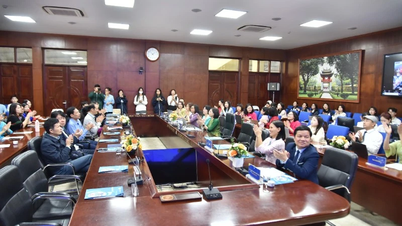

![[Video] Ministry of Education and Training announces the 2026 university and college enrollment plan](https://vphoto.vietnam.vn/thumb/402x226/vietnam/resource/IMAGE/2025/11/04/1762270484541_dung00-18-42-03still007-jpg.webp)
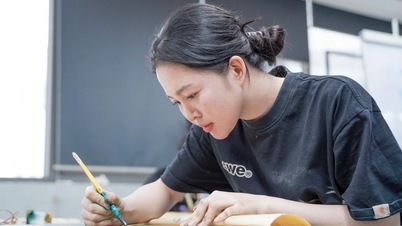








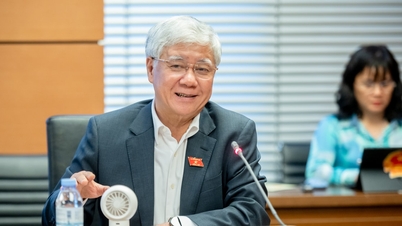
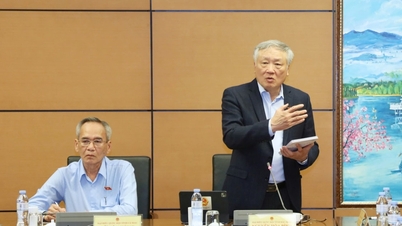
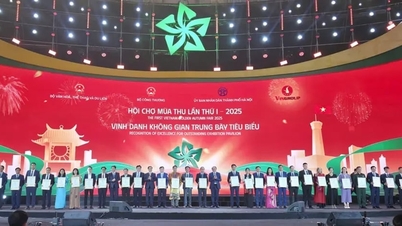

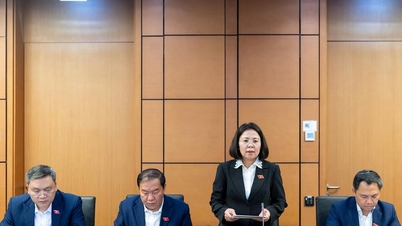















































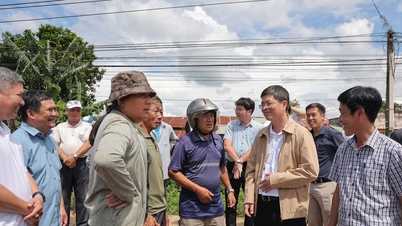
















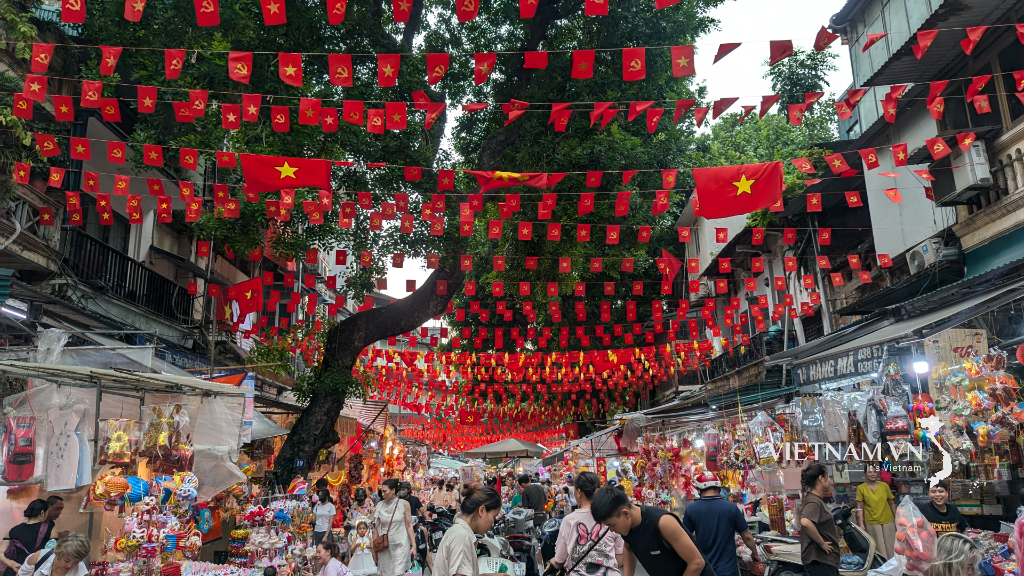

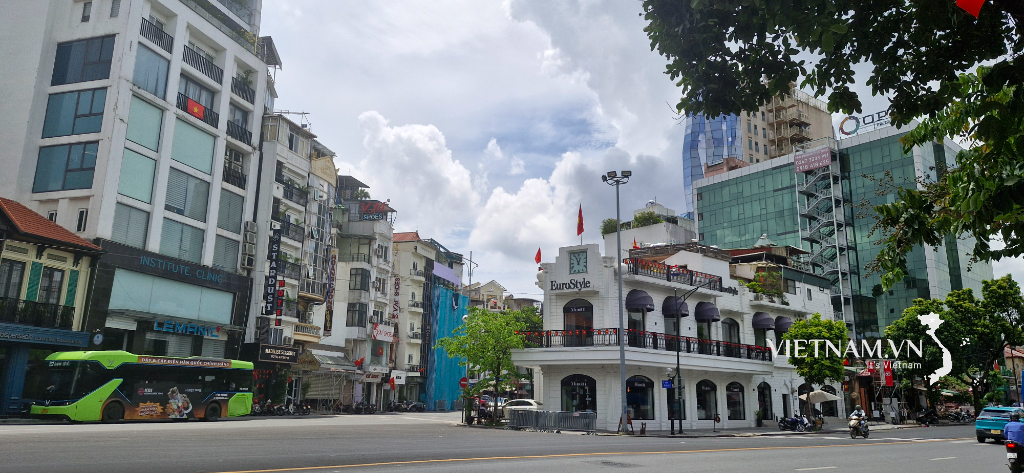

Comment (0)